MH370 timeline: Malaysia agrees to new search for missing flight
Marine robotics firm will comb new areas in a 'no win, no fee' deal
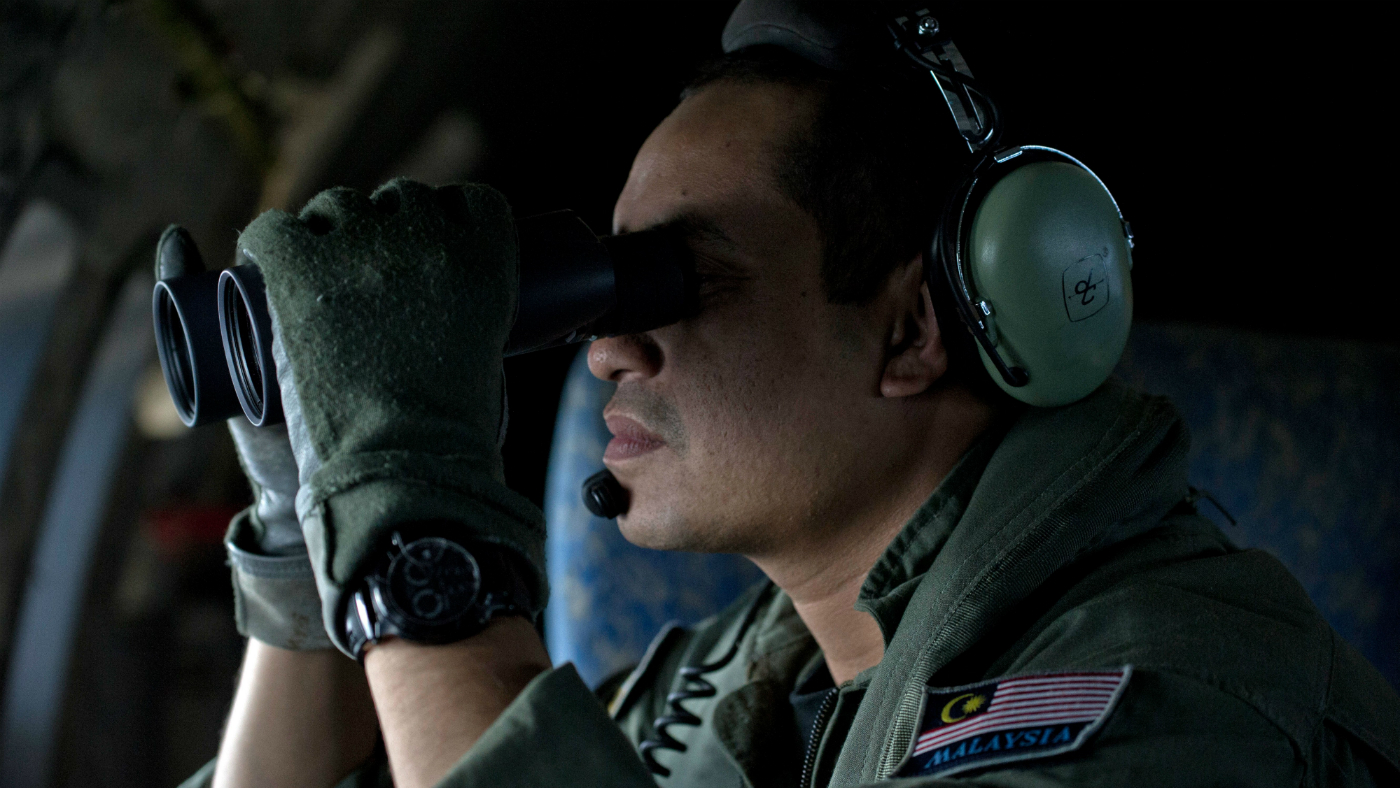
A free daily email with the biggest news stories of the day – and the best features from TheWeek.com
You are now subscribed
Your newsletter sign-up was successful
The Malaysian government has announced that the search for missing flight MH370 will resume, more than 10 years after the aircraft went missing.
The marine robotics firm Ocean Infinity, which took part in previous searches, has agreed to comb a new area of the southern Indian Ocean. "We hope this time will be positive, that the wreckage will be found and give closure to the families," said Malaysia's transport minister Anthony Loke.
It is a "no find, no fee" project, reported Sky News, but if the firm does find a substantive amount of wreckage it will receive $70 million (£56 million).
What happened to MH370?
The aircraft vanished in March 2014, en route from Kuala Lumpur to Beijing, in what has become one of the greatest aviation mysteries in history. Efforts to locate the wreckage of the Boeing 777 have "sputtered over the years", said the BBC, leaving hundreds of families of those on board "haunted by the tragedy".
The Week
Escape your echo chamber. Get the facts behind the news, plus analysis from multiple perspectives.

Sign up for The Week's Free Newsletters
From our morning news briefing to a weekly Good News Newsletter, get the best of The Week delivered directly to your inbox.
From our morning news briefing to a weekly Good News Newsletter, get the best of The Week delivered directly to your inbox.
The missing flight MH370 was deliberately flown out into the Indian Ocean before disappearing – although why and by whom remains a mystery. A multinational effort that cost $150 million (£120 million) was called off in 2017 after two years of "scouring vast waters", said the broadcaster.
A 2018 investigation concluded that the plane's controls were probably deliberately manipulated to take it off course, but the report offered no conclusions about who was responsible, saying "the answer can only be conclusive if the wreckage is found".
Ten years and hundreds of millions of dollars after the plane's disappearance, it remains one of the world’s greatest aviation mysteries, sparking endless speculation about its fate. Theories have included conjecture that the pilot deliberately brought down the plane, to suggestions that it had been shot down by foreign military.
Until definitive answers are found, it appears that the plane’s disappearance will remain a mystery and a favourite topic for conspiracists for years to come.
A free daily email with the biggest news stories of the day – and the best features from TheWeek.com
Timeline
8 March 2014
After leaving Kuala Lumpur International Airport at 12.41am local time, the Boeing 777 disappeared from radars. It was last seen heading west over the Straight of Malacca.
9 March 2014
Search efforts focus on the Gulf of Thailand. Two passengers travelling on stolen passports were investigated, but eliminated as suspects.
15 March 2014
Malaysia's prime minister, Najib Razak, says the jet was deliberately diverted and continued flying for more than six hours after contact with the ground was lost.
24 March 2014
The Malaysian government concludes it is "beyond all reasonable doubt" that MH370 is "lost" and "none of those on board survived".
26 June 2014
Authorities in Australia posit that the plane flew on autopilot after a catastrophic event led to the crew becoming incapacitated, possibly due to oxygen starvation.
28 January 2015
Malaysia formally declares the incident an accident and the passengers and crew are presumed dead, 327 days after the jet vanished.
5 August 2015
The first trace of the plane is found as Malaysian PM says a wing part that washed up on the French island of Réunion in the Indian Ocean came from missing MH370.
30 March 2016
The Australian government reports that two pieces of debris made in separate discoveries in Mozambique are "highly likely to have come from MH370" after analysis finds both pieces to be consistent with panels from a Malaysia Airlines Boeing 777 aircraft.
15 September 2016
It's confirmed that a large chunk of debris discovered on the island of Pemba, off the coast of Tanzania, was from MH370.
7 October 2016
Officials say a piece of aircraft wing flap found on Mauritius is from the missing plane.
17 January 2017
The underwater search for MH370 comes to an end, a decision that the governments of Malaysia, China and Australia say was "not taken lightly nor without sadness".
3 October 2017
Australian investigators publish their final report, saying the failure to bring closure for grieving relatives was a "great tragedy" and "almost inconceivable" in the "modern aviation era".
30 July 2018
An official investigation report in Malaysia says the plane was manually turned around in mid-air and "unlawful interference by a third party" could not be ruled out.
20 August 2018
Panel debris is found in Madagascar by a fisherman.
20 May 2024
Researchers at Cardiff University find signals captured on underwater microphones could be key to locating aeroplanes such as MH370 when they crash into the ocean.
20 December 2024
The Malaysian government agrees in principle to resume the search for the missing jet.
-
 What to watch out for at the Winter Olympics
What to watch out for at the Winter OlympicsThe Explainer Family dynasties, Ice agents and unlikely heroes are expected at the tournament
-
 Properties of the week: houses near spectacular coastal walks
Properties of the week: houses near spectacular coastal walksThe Week Recommends Featuring homes in Cornwall, Devon and Northumberland
-
 Will Beatrice and Eugenie be dragged into the Epstein scandal?
Will Beatrice and Eugenie be dragged into the Epstein scandal?Talking Point The latest slew of embarrassing emails from Fergie to the notorious sex offender have put her daughters in a deeply uncomfortable position
-
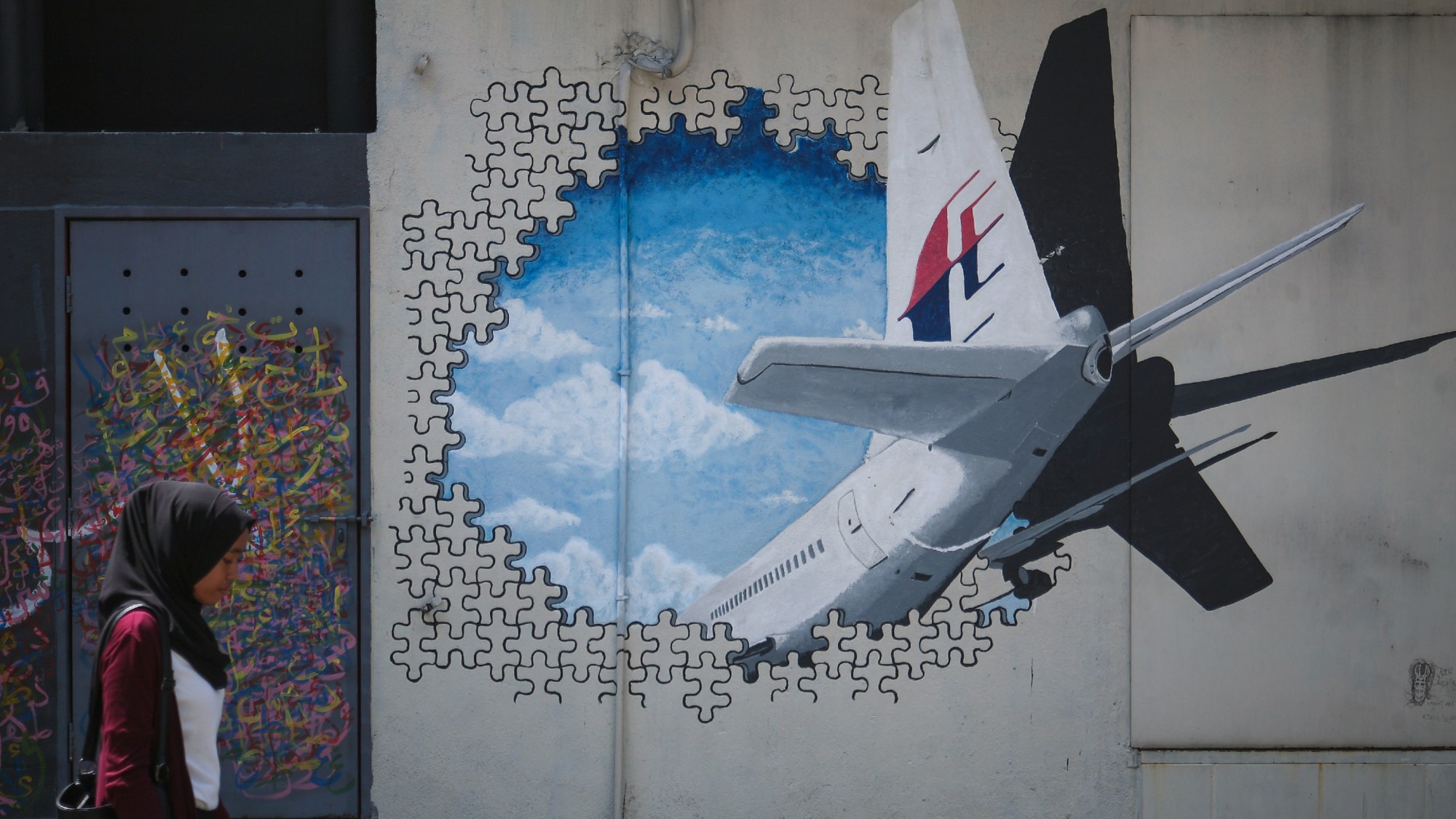 Will the mystery of MH370 be solved?
Will the mystery of MH370 be solved?Today’s Big Question New search with underwater drones could finally locate wreckage of doomed airliner
-
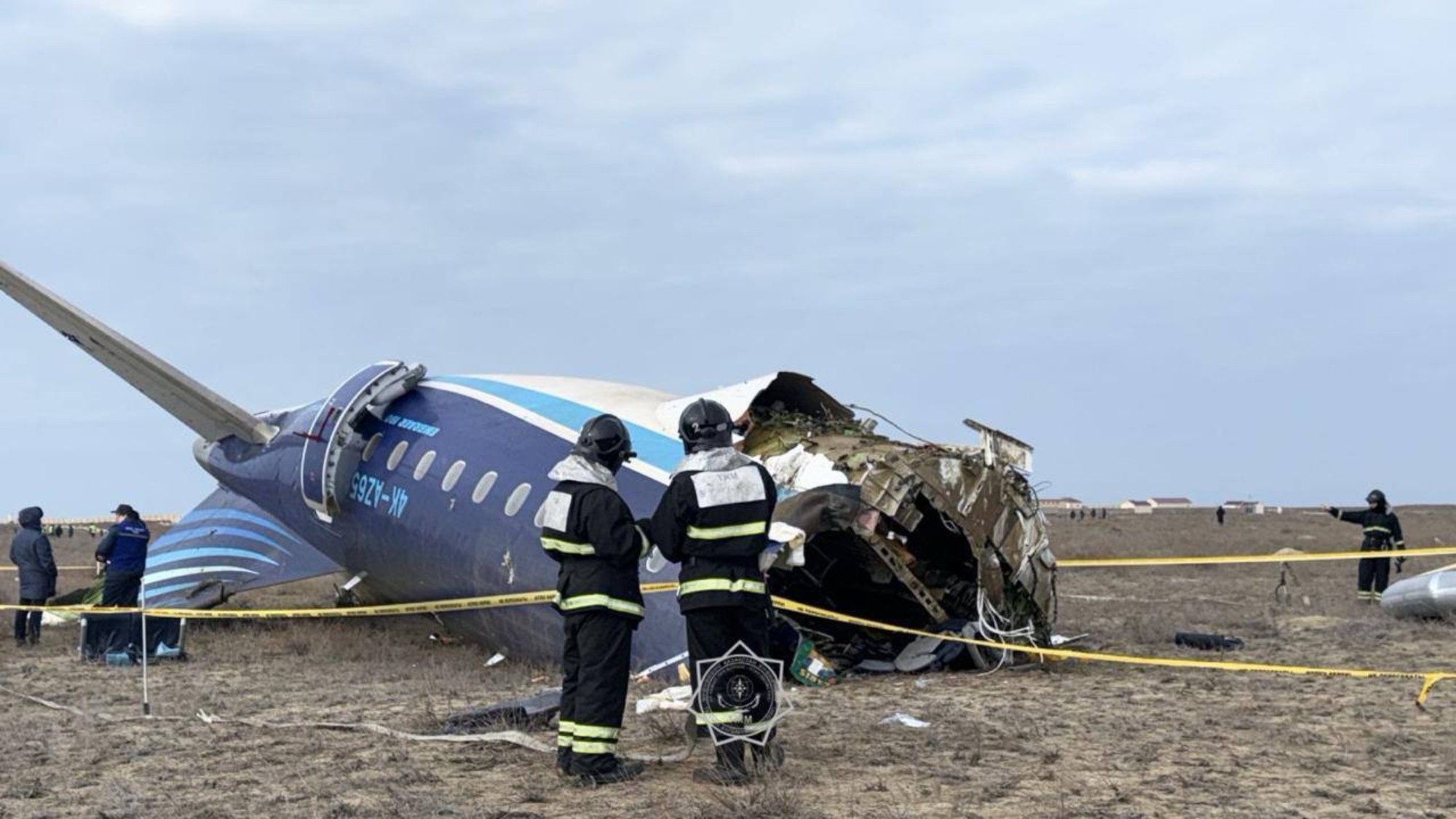 Was the Azerbaijan Airlines plane shot down?
Was the Azerbaijan Airlines plane shot down?Today's Big Question Multiple sources claim Russian anti-aircraft missile damaged passenger jet, leading to Christmas Day crash that killed at least 38
-
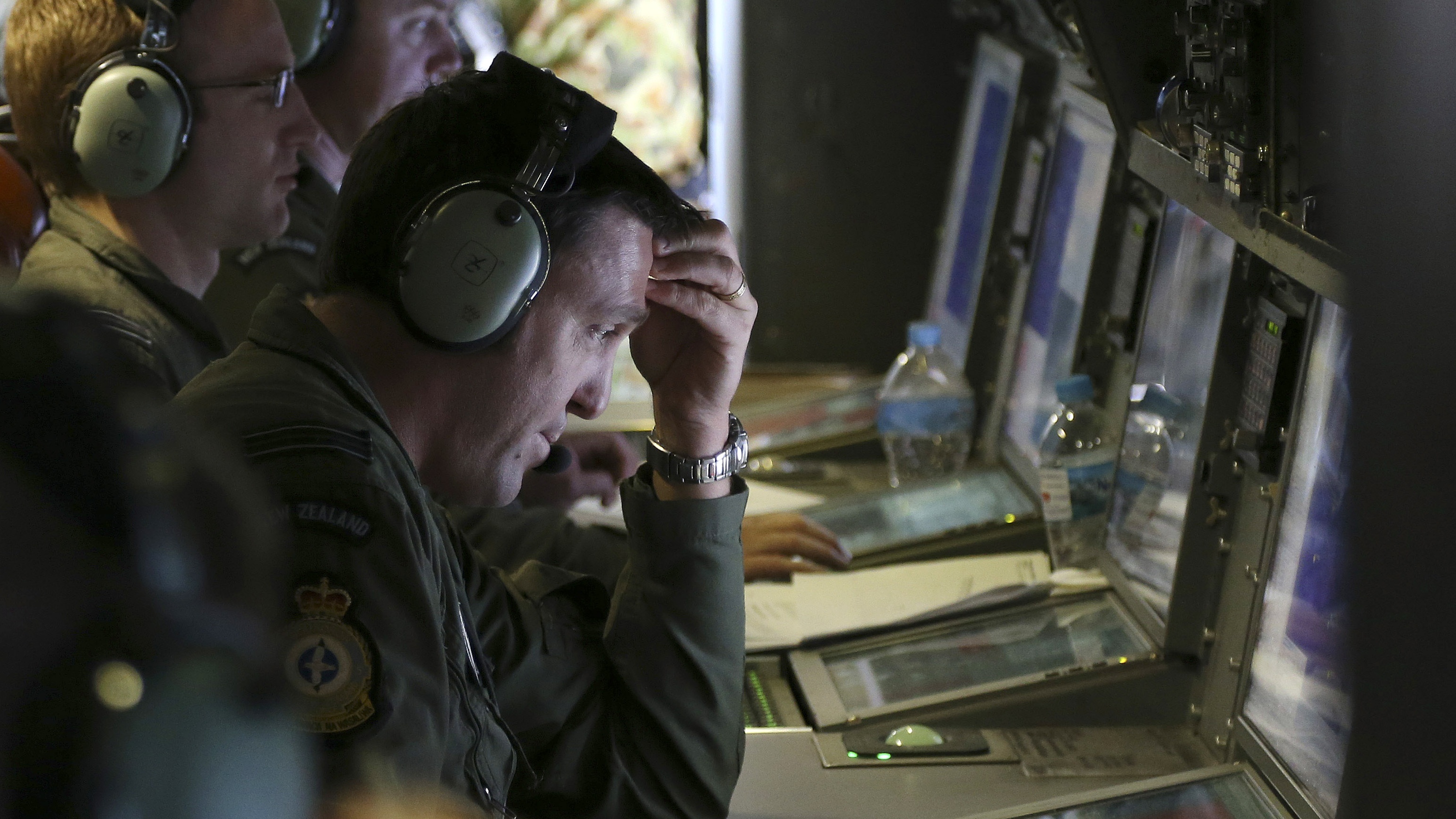 New evidence points to final resting place of missing MH370
New evidence points to final resting place of missing MH370Speed Read Findings of ocean study fuels call for reopening of search for lost Malaysia Airlines jet
-
 Chilean plane vanishes with 38 people on board
Chilean plane vanishes with 38 people on boardSpeed Read Aircraft disappeared without activating distress signal
-
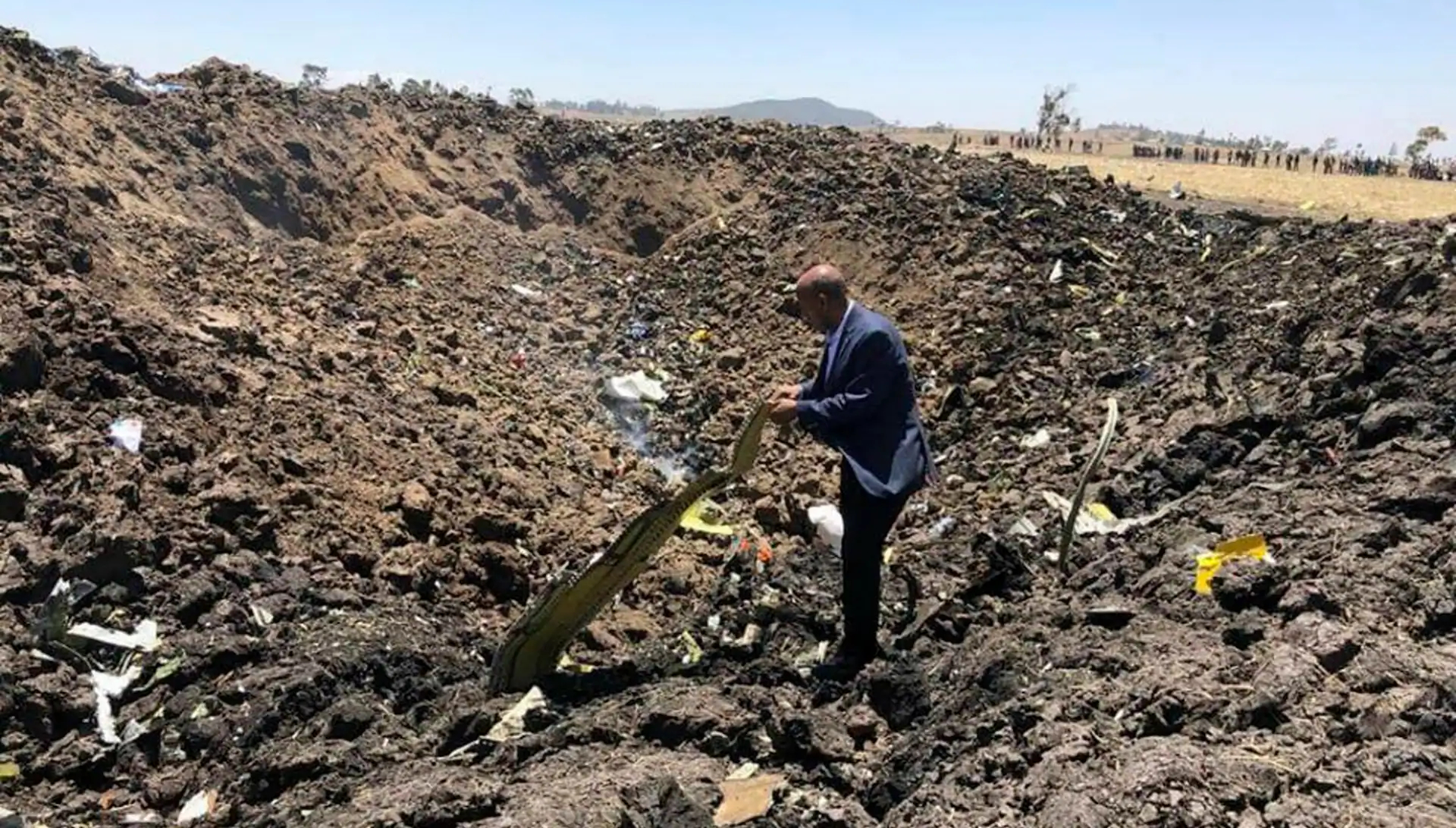 Boeing 737 8 Max: firm admits technical faults in Ethiopia crash
Boeing 737 8 Max: firm admits technical faults in Ethiopia crashSpeed Read Plane manufacturer says malfunctioning anti-stall system contributed to disaster that claimed 157 lives
-
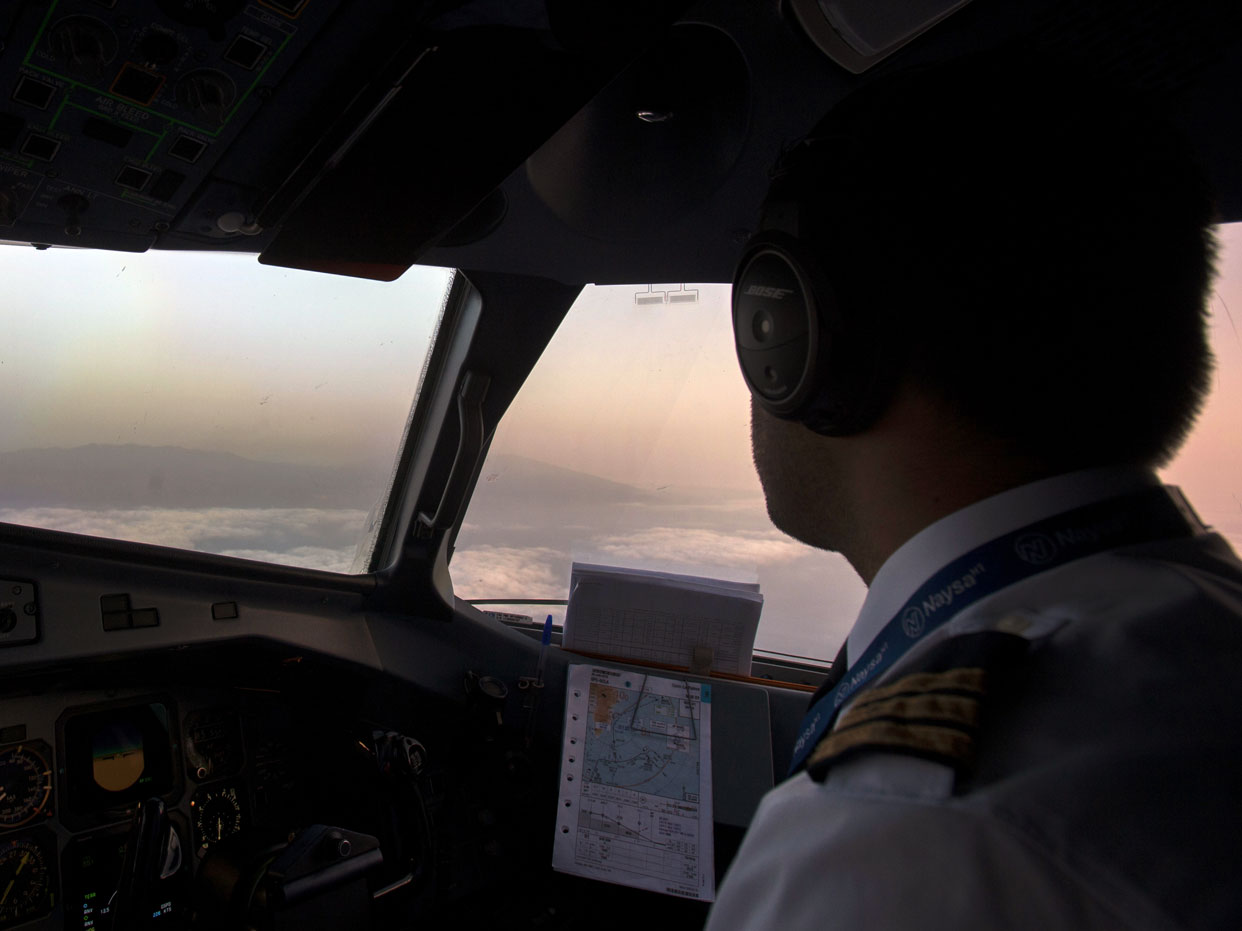 Plane flies 30 miles off course after pilot ‘falls asleep’
Plane flies 30 miles off course after pilot ‘falls asleep’Speed Read Australian aviation bureau launches investigation into flight that overshot its runway by nearly 30 miles
-
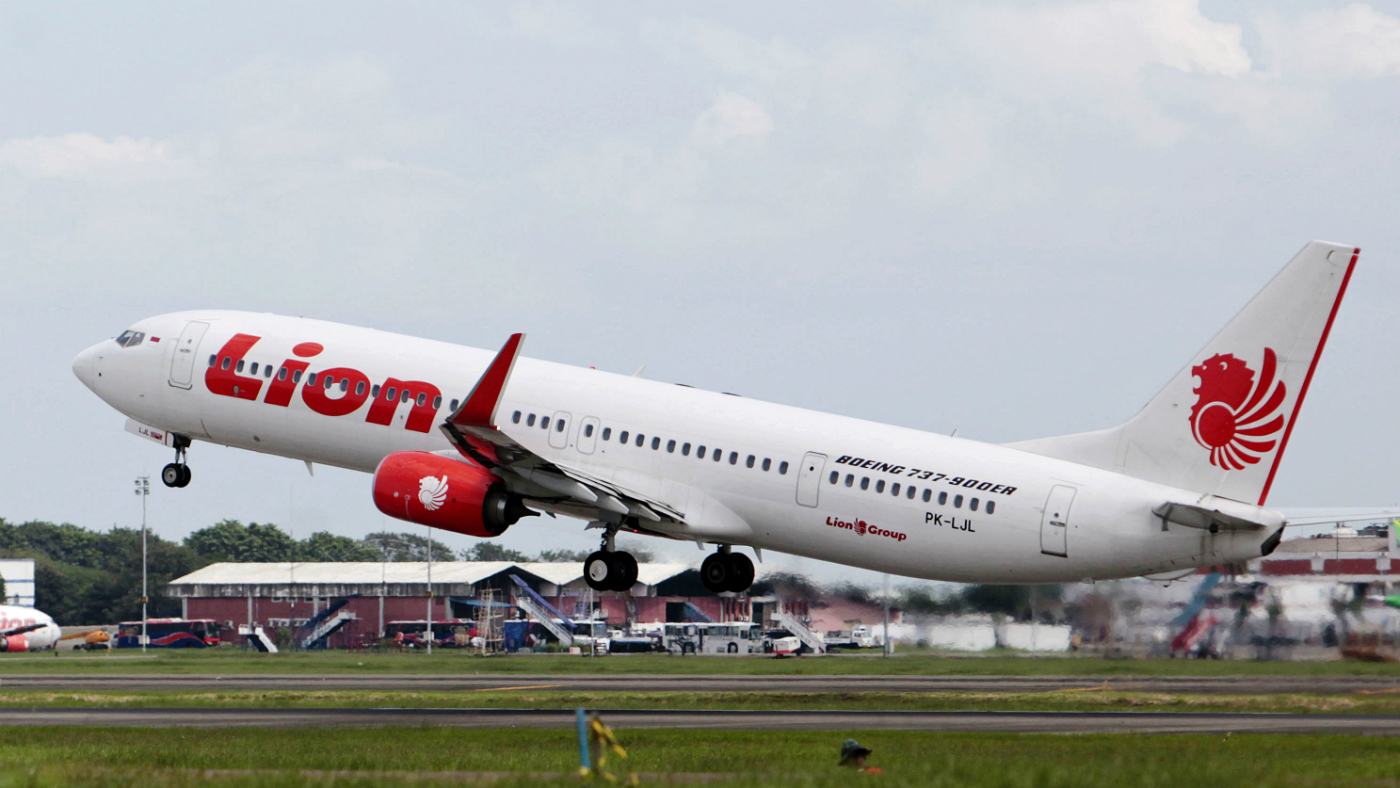 What happened to Lion Air flight JT610?
What happened to Lion Air flight JT610?Speed Read Voice recorder from crashed plane found under eight metres of mud
-
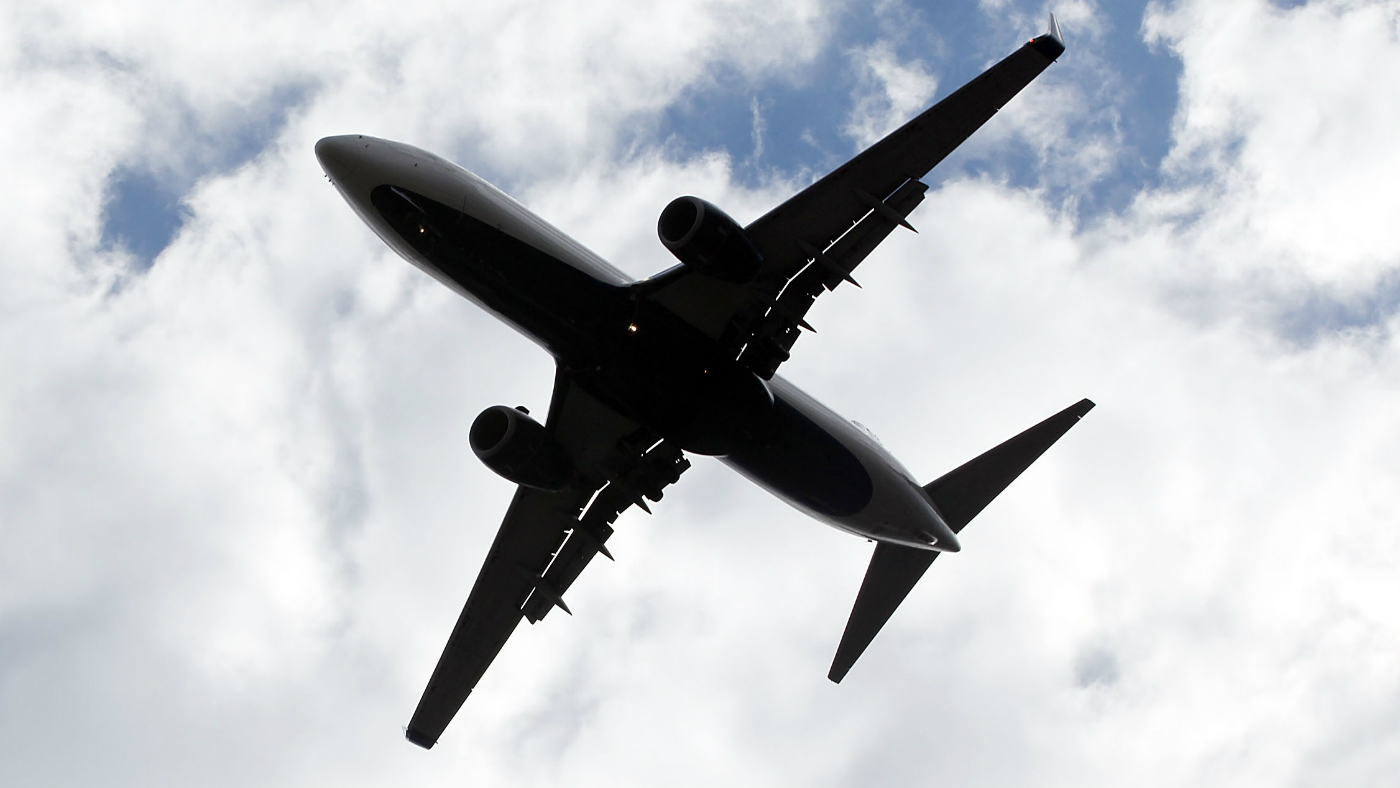 Boeing blowout: how safe is flying?
Boeing blowout: how safe is flying?The Explainer The Week looks at the statistics on modern air travel safety